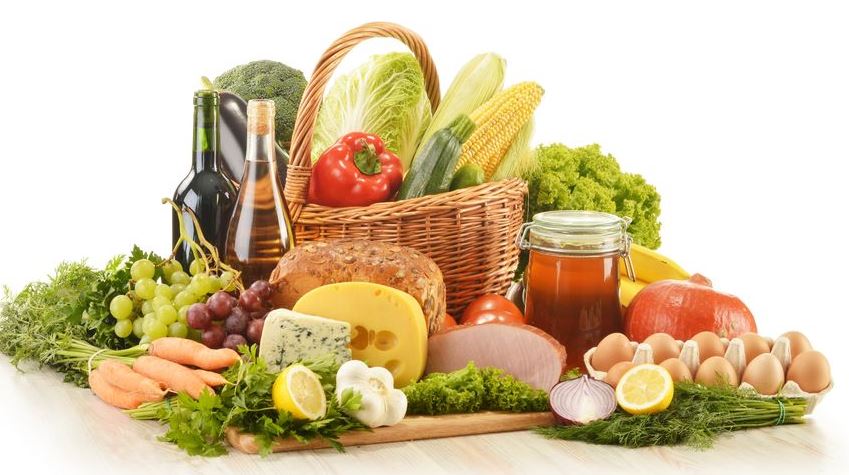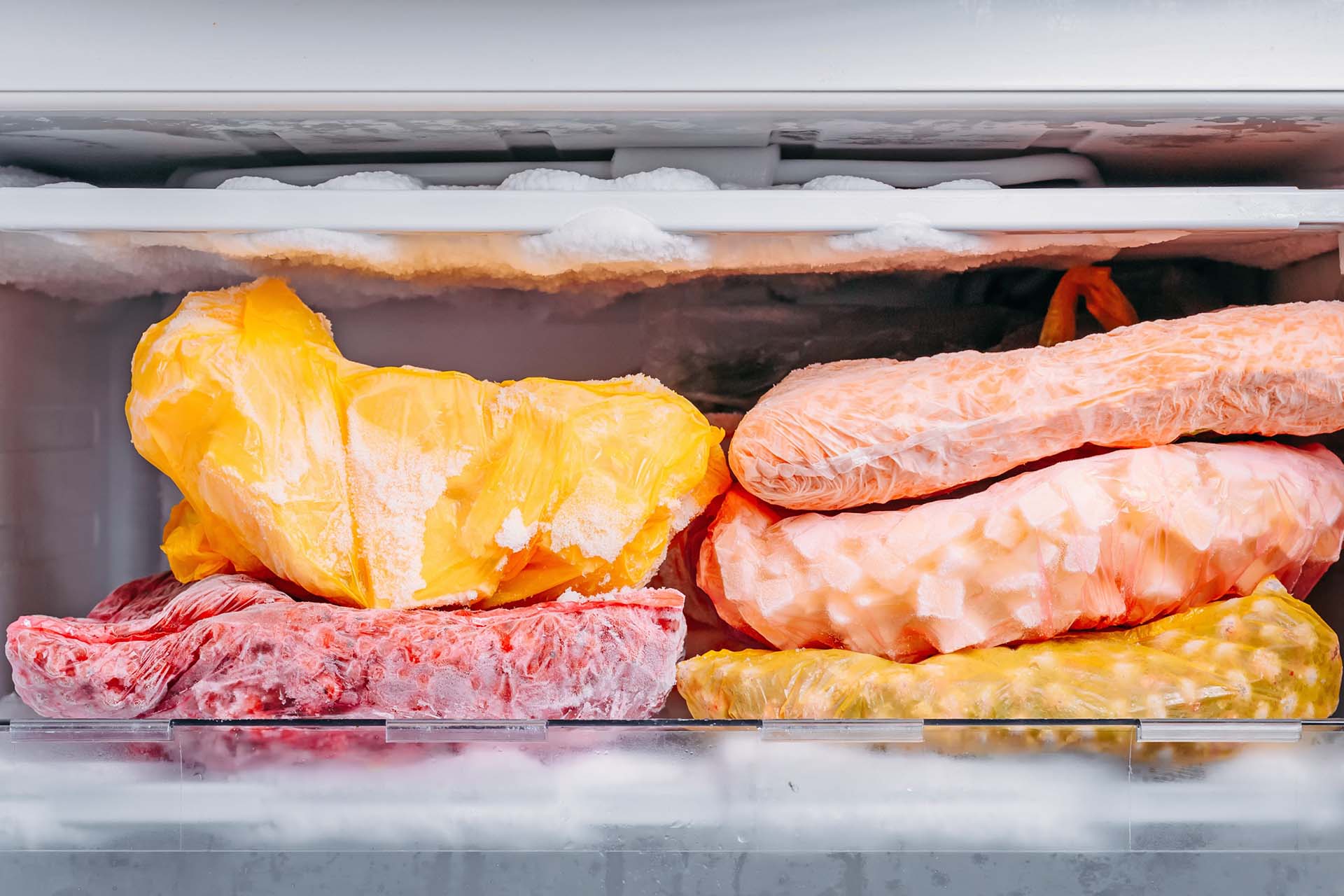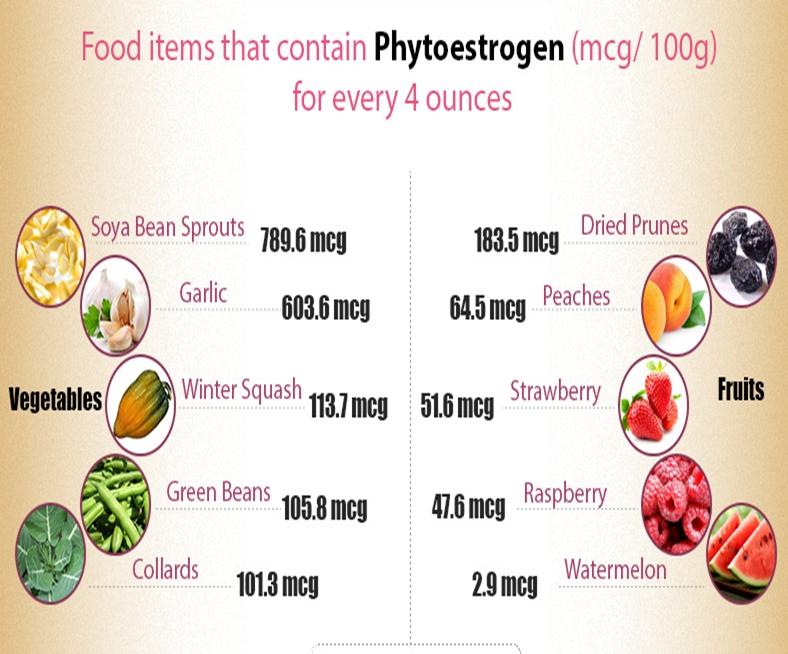In the United States, there are no federal laws that prohibit individuals from growing their own food. However, some states and local governments have regulations that restrict or prohibit the cultivation of certain crops or the use of certain gardening practices. These regulations vary widely from state to state and can change over time, so it is important to check with local authorities before starting a garden.
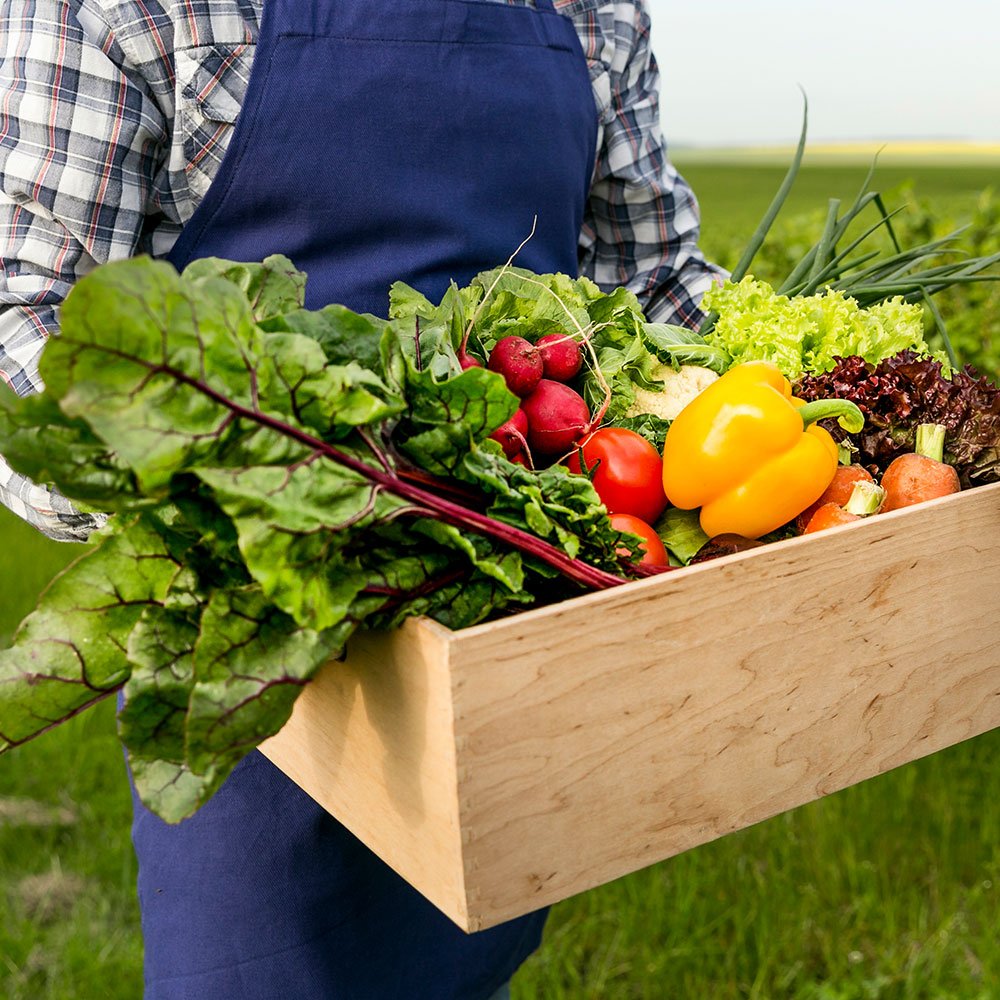
One of the most common types of regulations is a ban on growing certain plants that are considered to be noxious weeds. These plants can spread quickly and can cause significant damage to crops and natural ecosystems. For example, many states have bans on growing kudzu, a fast-growing vine that can quickly overtake fields and forests.
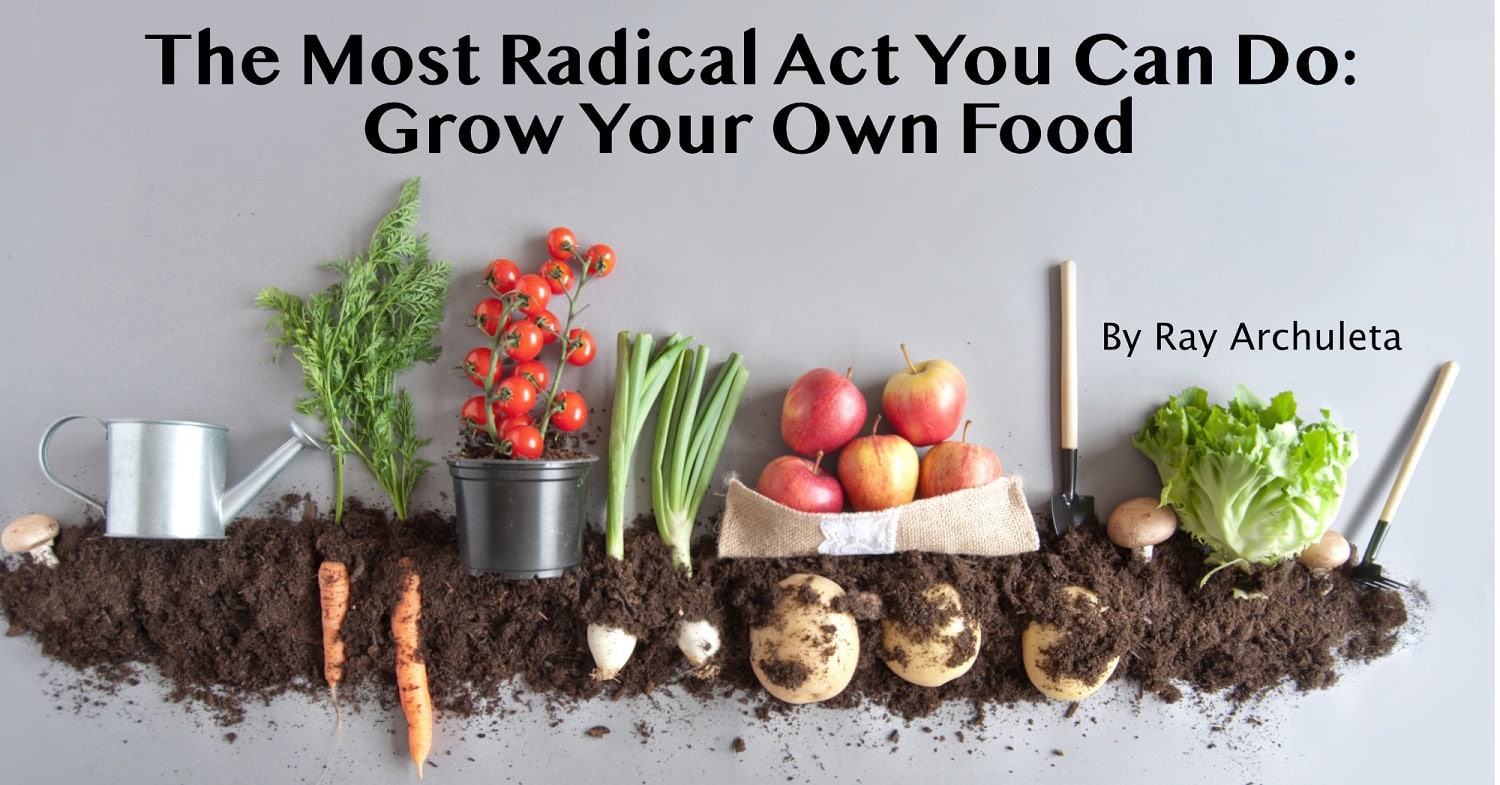
Another type of regulation is a restriction on the use of certain gardening practices. For example, some states have laws that prohibit the use of pesticides or herbicides that contain certain chemicals. These chemicals can be harmful to human health and the environment. Other states may have restrictions on the size or location of gardens. For example, some cities have ordinances that prohibit residents from growing gardens in their front yards.

In general, the regulations that restrict or prohibit the cultivation of food are aimed at protecting public health and safety. However, these regulations can also have a negative impact on the ability of individuals to grow their own food. As a result, there is a growing movement to change these regulations and to make it easier for people to grow their own food.








